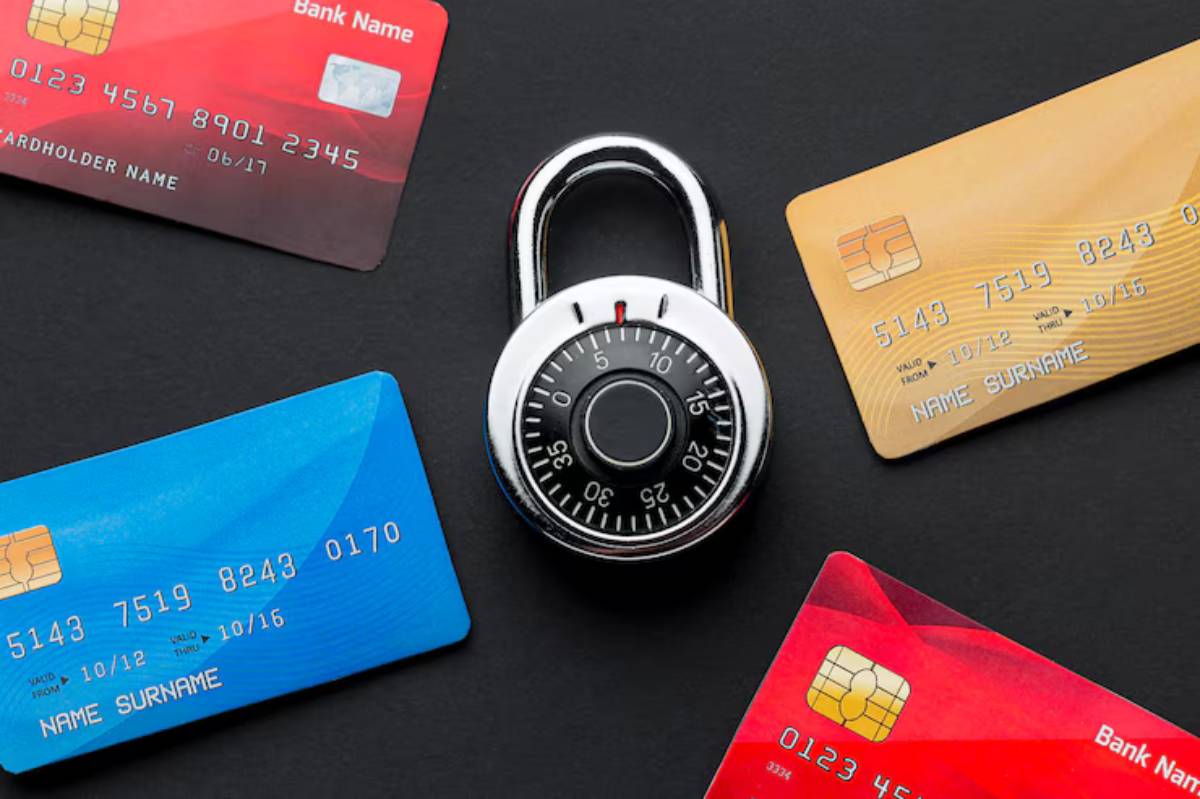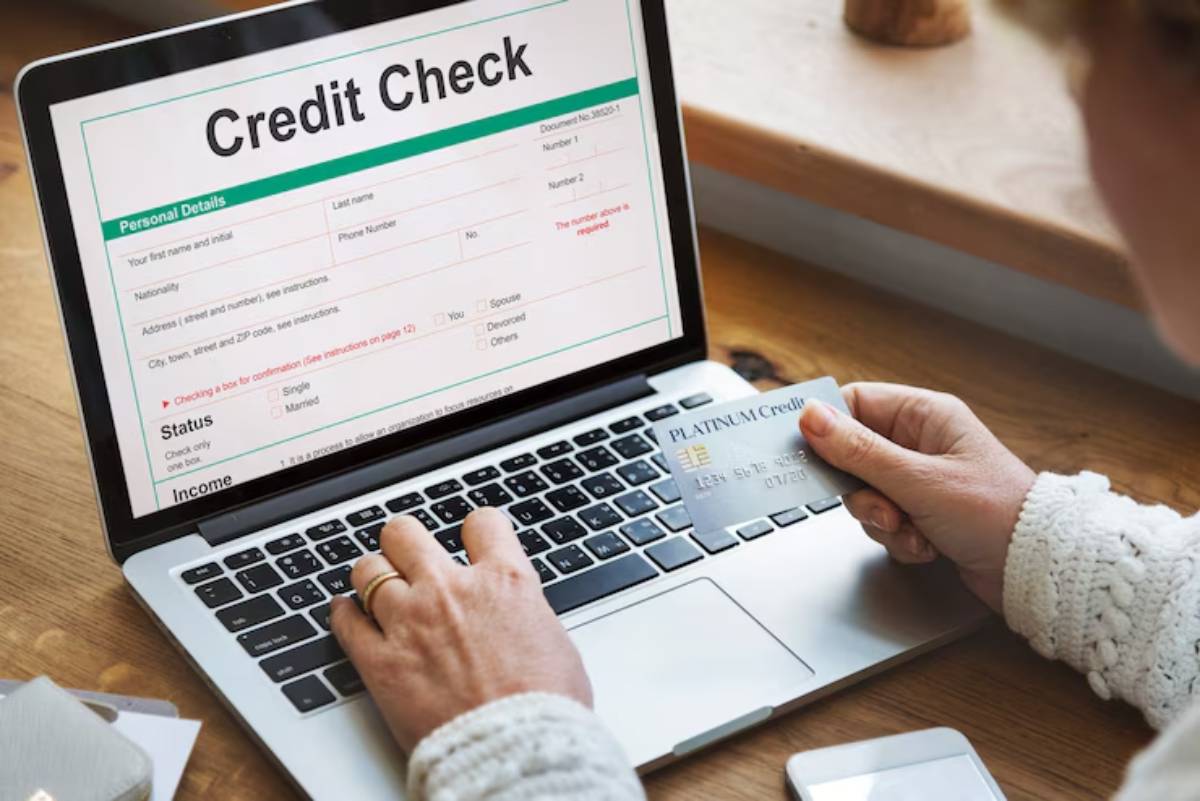
Budgeting to Support Credit Building
If you want to build strong credit, it all starts with one essential habit: budgeting. Many people think good credit comes from just paying bills on time. While that’s important, managing your money through smart financial planning is what keeps your credit healthy in the long run.
The truth is, credit success depends on daily decisions. Knowing how to balance spending, saving, and debt payments gives you the control you need to boost your score and avoid costly mistakes.
In this guide, you’ll learn how to create a budget that works, how budgeting directly impacts credit support, and how to stay on track even when life throws you financial curveballs.
Why Budgeting Is Key to Credit Support

Your credit score reflects how you manage debt. Budgeting helps you:
- Avoid late or missed payments
- Keep credit card balances low
- Build savings to avoid using credit for emergencies
- Plan for upcoming bills and expenses
Without a plan, it’s too easy to overspend or forget due dates — both of which can harm your score.
How Budgeting Impacts Your Credit Score
Here’s how smart financial planning directly supports your credit:
On-Time Payments
The biggest part of your credit score is your payment history. Budgeting ensures you have enough set aside each month to cover bills before they’re due.
Low Credit Utilisation
By tracking spending, you avoid maxing out your credit cards. Aim to keep your balance below 30% of your limit — or even better, under 10%.
Avoiding Unnecessary Debt
A clear budget reduces impulse spending and unnecessary debt, two factors that can drag down your score.
Preparedness for Emergencies
A solid emergency fund prevents you from relying on high-interest credit cards when unexpected costs arise.
Budget for Better Credit
Building a budget doesn’t have to be complicated. Follow these easy steps:
1. Know Your Income
Start by calculating your total monthly income:
- Salary
- Freelance work
- Benefits
- Side hustle income
Be realistic. Only include regular income you can rely on.
2. Track Your Expenses
List every expense:
- Rent or mortgage
- Utilities and bills
- Groceries
- Debt repayments
- Subscriptions
- Transportation
- Savings and investments
Look through bank statements or use an expense-tracking app to ensure accuracy.
3. Categorise Spending
Divide expenses into:
- Fixed costs (rent, loans, utilities)
- Variable costs (groceries, entertainment, transport)
- Savings and debt repayment (minimum credit card payments, extra debt payments)
This gives you a clearer picture of where your money goes.
Check out our guide on Managing Credit Card Payments Effectively
4. Set Spending Limits
Decide how much you want to spend in each category. Leave room for unexpected costs.
For example:
- 50% needs
- 30% wants
- 20% savings and debt repayment (this is known as the 50/30/20 rule)
5. Automate Payments and Savings
Set up automatic payments for bills and debts. Automating removes the risk of forgetting a due date, which helps protect your score.
6. Regularly Review and Adjust
Life changes. Review your budget monthly:
- Did you stay within limits?
- Were there unexpected expenses?
- Do you need to increase savings or reduce spending somewhere?
Budgeting Tools and Apps to Help You Stay on Track
Technology makes budgeting easier than ever. Try these popular apps:
- Mint: Track spending and set budget goals
- YNAB (You Need a Budget): Helps you plan for every dollar
- Emma: UK-based app that shows subscriptions, bills, and spending trends
- Money Dashboard: Connects all your accounts for a full financial view
Common Budgeting Mistakes to Avoid
Ignoring Small Expenses
Those £3 coffees or £5 app subscriptions add up fast. Track every penny.
Forgetting Annual or Irregular Expenses
Budget for yearly costs like car insurance or holiday gifts so they don’t catch you off guard.
Setting Unrealistic Goals
Be honest. An unrealistic budget will only lead to frustration and failure.
Not Prioritising Debt Repayments
Always budget for at least the minimum payment on every debt to avoid missed payments and credit score drops.
Budgeting for Specific Credit Goals
If you have a particular credit milestone in mind, budgeting can help you get there faster.
Raising Your Credit Score
- Pay more than the minimum on your credit cards
- Budget extra for debt repayments
- Keep your balances low
Applying for a Mortgage

- Save for a larger deposit
- Pay down existing debt
- Avoid taking on new credit in the 6–12 months before applying
Preparing for a Car Loan
- Build up a deposit
- Improve your score by lowering credit card balances
- Create space in your budget for future monthly payments
Budgeting and Emergency Planning
A big part of credit support is being ready for life’s surprises.
Build an Emergency Fund
Start with a goal of £500–£1,000, then aim for 3–6 months of living expenses. This prevents you from turning to credit cards when unexpected costs arise.
Prepare for Job Changes
Set aside funds if you’re planning to switch jobs or go freelance. A budget keeps your finances stable during transitions.
Credit Maintenance Through Budgeting
Once you’ve built good credit, keep it that way by using your budget to:
- Avoid high balances
- Plan for large purchases without debt
- Monitor your spending regularly
- Keep payment reminders in your calendar
Budgeting Is the Foundation of Good Credit
Good credit isn’t about how much you borrow — it’s about how well you manage what you have. Smart budgeting gives you the tools to balance spending, saving, and debt repayment.
With a clear plan, you’ll feel more in control of your money, reduce stress, and build credit that supports your financial goals.
Ready to start budgeting for credit success?
Take 15 minutes today to review your income and spending. Download an app, set realistic goals, and create a budget that supports your credit journey. Small steps now can lead to big results later.
Check out Keeping Your Credit Active Without Debt for a deep dive.


